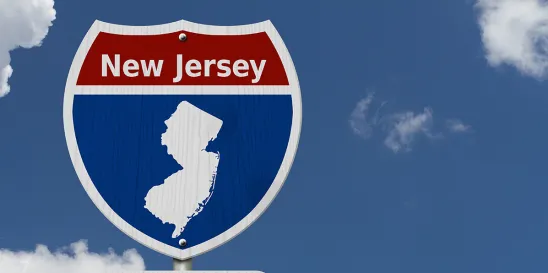Most often, when a minority shareholder is oppressed, the object of the ensuing business divorce litigation is to obtain a court-ordered buyout. After all, if the majority shareholder is engaging in improper conduct, such as siphoning money out of the company, the trust is likely broken, and the minority shareholder often simply wants “out.” But that does not always have to be the case.
In many instances, other than the specific act(s) complained of, the minority shareholder is otherwise happy with his business situation. For example, the complaint may be that the minority shareholder is not receiving any financial information whatsoever but is receiving enough of a benefit – like substantial distributions – that he doesn’t want to be bought out. Or a minority shareholder may be receiving no distributions because those in charge are vastly overpaying themselves. But even in such an instance, the minority shareholder may believe the company will be worth substantially more in a few years than it is now and does not want to miss out on a large payday when the company is sold. Or the minority shareholder may simply be a founding member of the company and does not want to be essentially “forced” to sell because of the conduct of his business partners.
In a case such as the latter example, it would be vastly unfair to essentially compel the minority shareholder to choose between wrongfully receiving no distributions in the short term or sue and be bought out. In fact, if the only remedy were a buyout, majority shareholders would have an incentive to engage in wrongdoing to compel the minority shareholder to sue for a buyout, effectively forcing him out of the company.
The law in New Jersey does not require one to make such a choice, because the object of a lawsuit can stop short of a buyout. In the two examples above, the shareholder who is not receiving financial documentation can obtain a court order requiring the company to provide such information. And the shareholder who is not receiving dividends because his business partners are overpaying themselves could receive court-ordered distributions.




 />i
/>i

